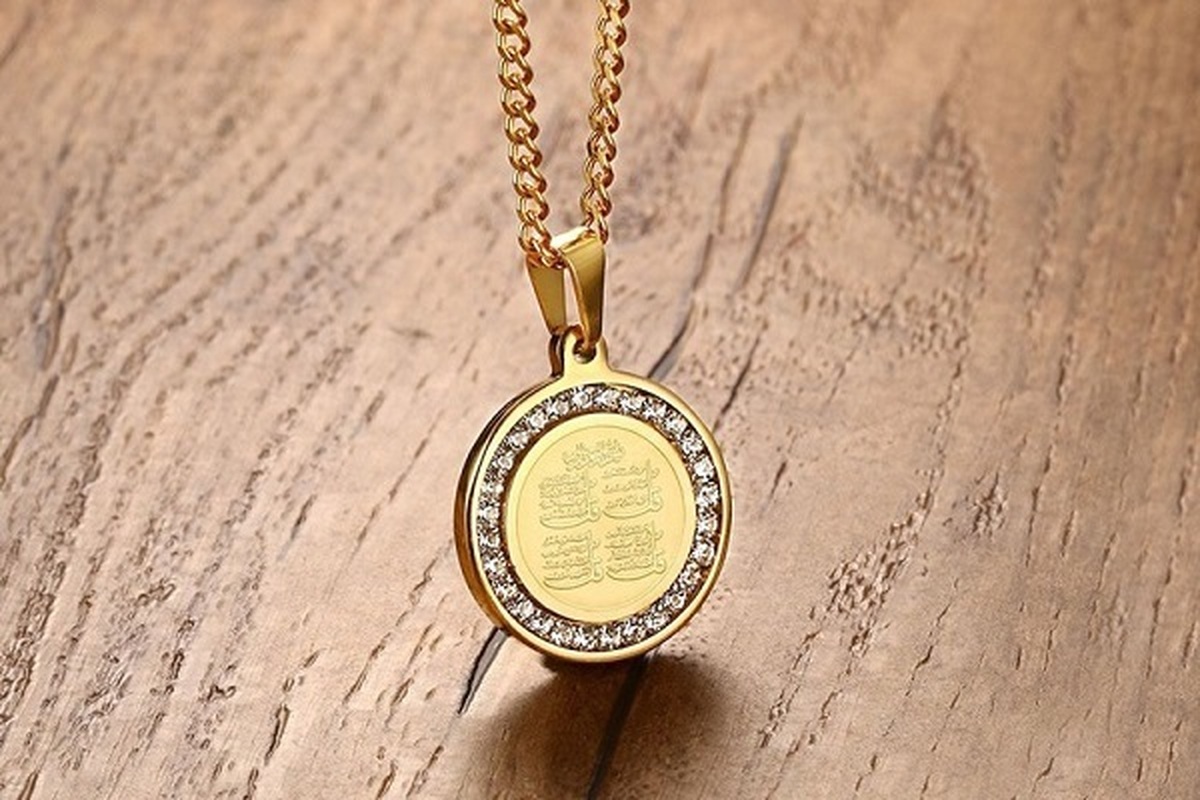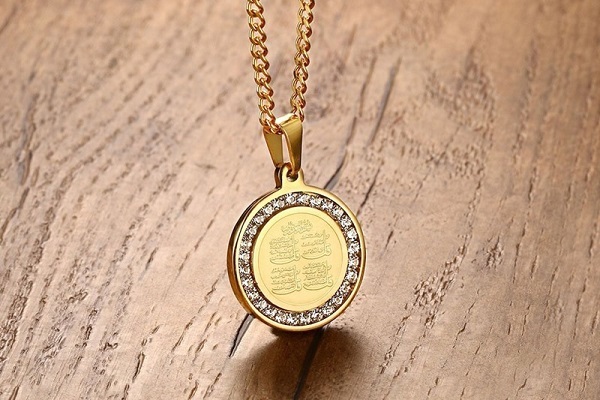Inscribing Quranic Verses on Jewelry No Longer Allowed in Saudi Arabia


The decision has been taken to protect Islam’s sacred text from desecration, according to a Saudi media report.
The country’s ministry of commerce stressed the importance of not etching Quranic verses on the jewelry, Okaz newspaper said.
The ministry cited an official letter issued by the kingdom’s Mufti who said that there are fears such data-x-items are used as amulets, which are forbidden in Islam.
The top Saudi cleric also said that such inscriptions on gold data-x-items underestimate the sacredness of the Quranic verses and involve desecration when the wearers enter toilets.
The prohibition was highlighted in a letter addressed to the Federation of the Saudi Chambers of Commerce seen by the paper.
Arabia is Islam’s birthplace and home to the two holiest Islamic sites: the Grand Mosque in Mecca and the Prophet Mosque in Medina.
Millions of Muslims from around the world flock to the Grand Mosque, which houses the Holy Kaaba, to perform prayers and Umrah or lesser pilgrimage. The annual Hajj pilgrimage is undertaken in and around Mecca.
Saudi Arabia expects around 10 million Muslims from abroad to perform Umrah during the current season that got underway three months ago.
The season began after the end of the annual Islamic Hajj pilgrimage that around 1.8 million Muslims attended in and around Mecca for the first time in three years after pandemic-related restrictions were lifted.
After making the Umrah rites, many pilgrims would head to Medina to pray at the Prophet Mosque and visit Al Rawdah Al Sharifa where the tomb of the Prophet Mohammed (PBUH) is located.
Source: GNews



